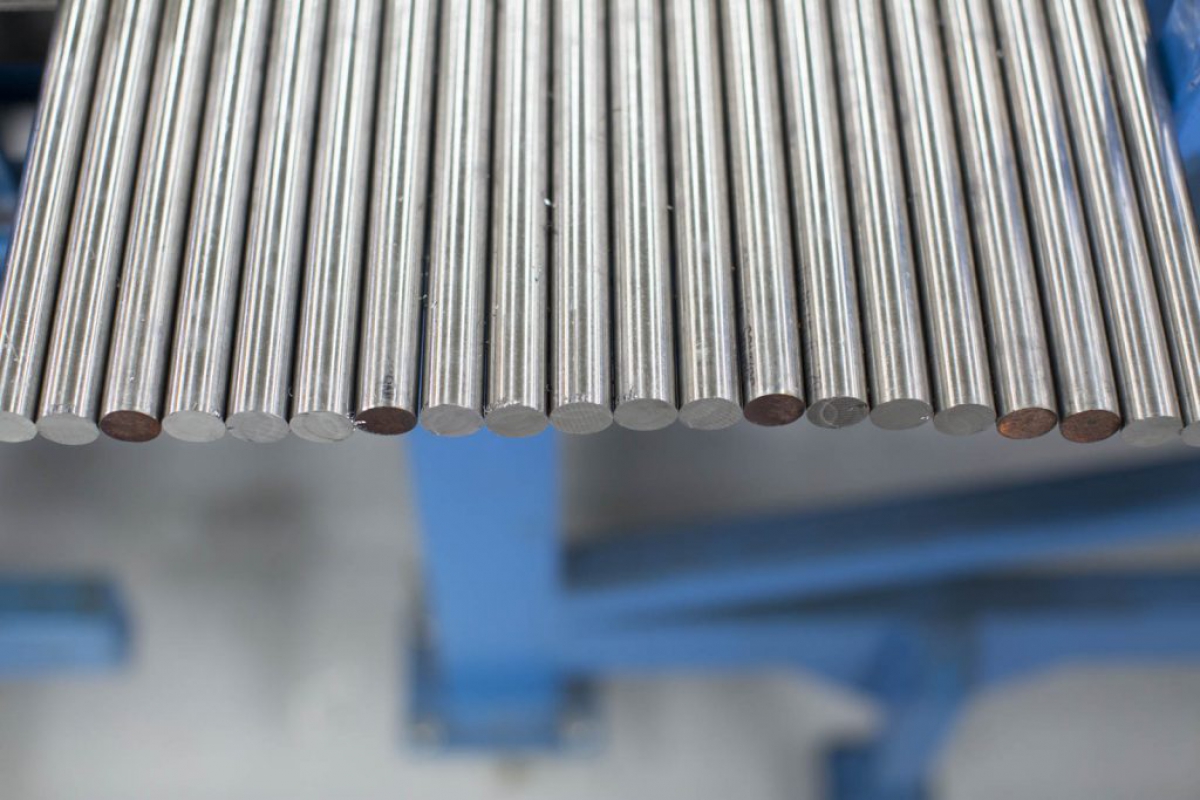Langley Alloys: What is Iconel 725 used for?

The high strength and corrosion resistance of Inconel 725 make it well-suited to a range of high-performance applications in demanding environments, including components for Oil & Gas equipment, naval and marine components, aerospace, pollution control and the chemical processing industry.
Inconel 725 (Alloy 725, UNS N07725) is practically identical to Inconel 625 (Alloy 625, UNS N06625, 2.4856) in terms of composition, and therefore provide very similar corrosion resistance and physical properties. However, Alloy 725 provides significantly higher levels of strength as it benefits from precipitation strengthening.
Inconel 625 was seen to develop increased strength upon heat treatment, and this phenomenon was enhanced by further additions of titanium. These small additions encourage the formation of microscopic precipitates when the alloy is subjected to an extended heat treatment process, effectively doubling the yield strength compared with Inconel 625. As Inconel 725 gains its strength by heat treatment and not by cold working, its ductility and toughness remain high. As a consequence, the smallest diameters are most used in the production of fasteners, with slightly larger sizes being used for complementary fixings. Langley Alloys carries an extensive stock of Alloy 725 from 1” (25.4mm) to 4” (101.6mm) diameters, with larger diameters available to order.
High strength and resistance to seawater corrosion make Inconel 725 a good candidate for marine components in naval and submarine systems. It has a pitting resistance equivalent number (PREN) of >45, and so will provide high levels of resistance to pitting and crevice corrosion. It can be considered an upgrade for Monel K-500 (Alloy K-500, 2.4375) which has been widely used in marine construction for many years. This grade has been used in combination with less corrosion resistant metals by the US Navy amongst others, meaning that cathodic protection has been used to extend the operating lifetime of alloy steels. However, occasional failure of the Alloy K-500 items has been linked with hydrogen embrittlement as well as accelerated corrosion from galvanic interaction with more noble metals. Inconel 725 overcomes this risk and provides an uplift in terms of strength and toughness too. It has been used as shafts for the control of glide planes, and other exposed structural elements.
Inconel 725 is an improvement over Inconel 718 and Monel K-500 for selected oilfield applications. The presence of hydrogen sulphide, carbon dioxide and chlorides at high pressures and temperatures creates extremely corrosion conditions in such sour wells. Inconel 725 has greater corrosion resistance and so has been widely used in applications such as tubing hangers, mandrels and receptacles, although these are typically forged components rather than machined from our range of bar stocks.
Alloy 725 is included within NACE MR0175/ISO 15156-3, API 6A and API 6ACRA.
Visit: https://www.langleyalloys.com/

| Telephone: | 01782 610250 |
| Email: | sales@langleyalloys.com |
| Website: | www.langleyalloys.com |
| More information on the Langley Alloys Limited BVAA Member Directory Page |
Search related valve / actuator articles: Langley Alloys LimitedIssue 58Materials







-web.jpg)





